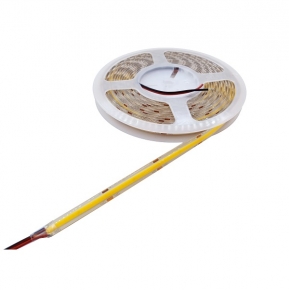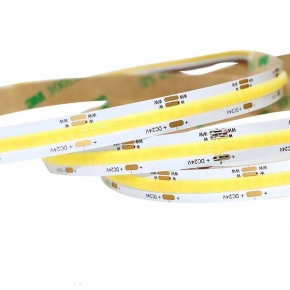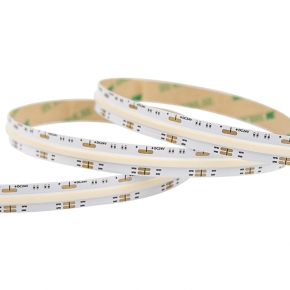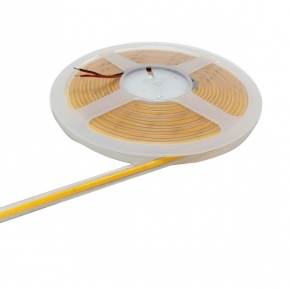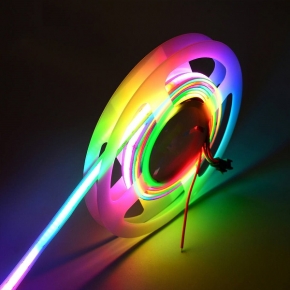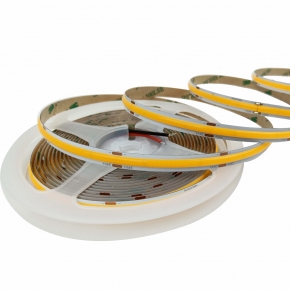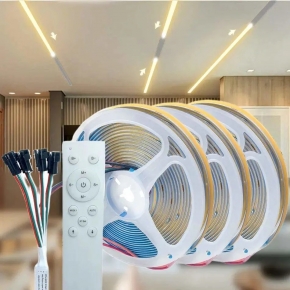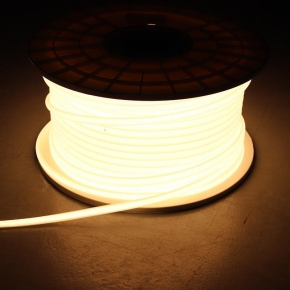Troubleshooting Uneven LED Strip Lighting: A Comprehensive Guide
Troubleshooting Uneven LED Strip Lighting: A Comprehensive Guide
Introduction
LED strip lights are a versatile and popular lighting solution for enhancing the ambiance of various spaces. However, one common issue that can arise is uneven lighting, where the brightness or color varies across the strip. This guide provides a detailed look at the common causes of uneven LED strip lighting and practical solutions to troubleshoot and fix the problem.
Common Causes of Uneven LED Strip Lighting
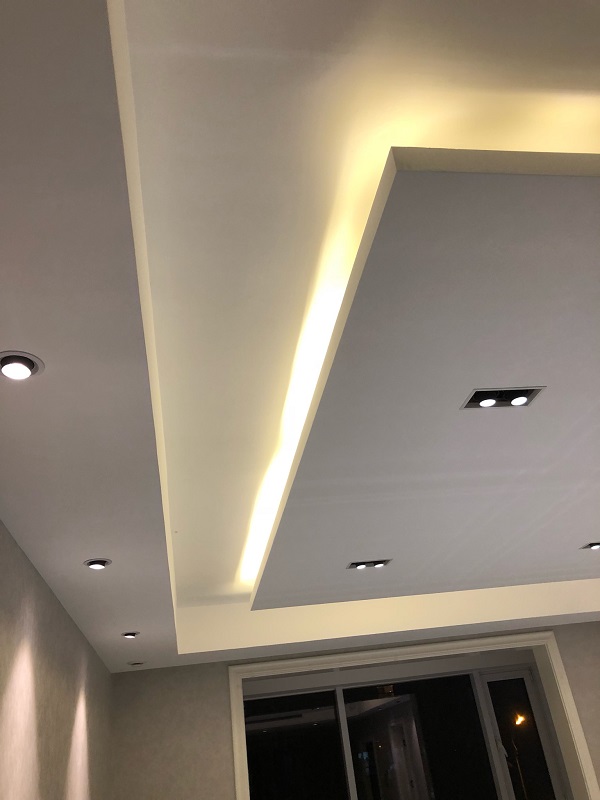
1. Poor Conductivity
Cause: Inefficient electrical flow due to improper wiring or connections.
Solution: Thoroughly inspect the strip wiring and ensure all connections are secure and unimpeded. Replace any damaged or worn-out wiring to maintain good conductivity.
2. Inconsistent LED Bead Quality
Cause: Variations in LED bead manufacturing can lead to unequal power outputs.
Solution: Choose LED strips with uniformly manufactured beads to ensure consistent brightness and color across the strip.
3. Voltage Drop Over Long Strips
Cause: Resistance in longer strips causes a decrease in voltage, making bulbs further from the power source dimmer.
Solution: Divide long LED strips into shorter sections, each powered by its own supply to minimize voltage drop.
4. Improper Installation
Cause: Incorrect handling or installation practices can disrupt the light distribution.
Solution: Follow the manufacturer’s installation instructions meticulously, avoiding excessive bending or compressing the strip.
5. Ambient Light Interference
Cause: External lighting can affect the perceived brightness and color of the LED strip.
Solution: Assess the ambient light levels and choose LED strips with adequate brightness to counteract any interference.
6. Surface Contamination
Cause: Dust, dirt, or debris on the strip's surface can scatter light unevenly.
Solution: Regularly clean the strip surface with a soft cloth to maintain optimal lighting performance.
Advanced Troubleshooting Tips
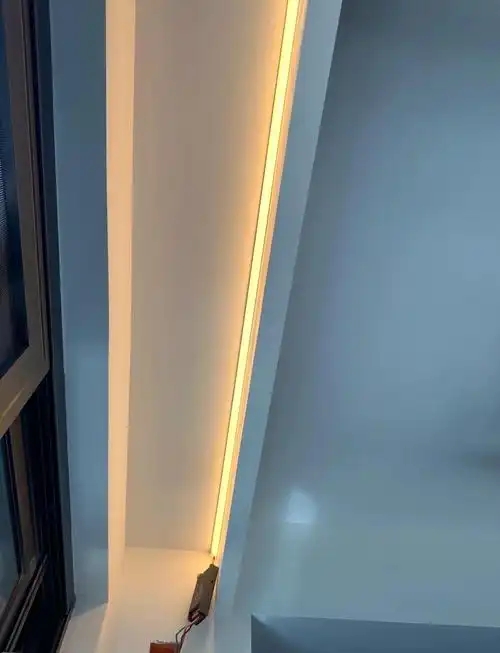
7. Power Supply Issues
Cause: An unstable or incompatible power supply can result in uneven lighting.
Solution: Check the power supply for stability and ensure it matches the LED strip's voltage and current requirements.
8. Connection Line Problems
Cause: Poor or faulty connection lines can impede the electrical current.
Solution: Inspect all connection lines for wear and tear, and replace any damaged components to ensure a smooth electrical flow.
9. Incorrect Installation Position
Cause: The orientation of the LED strip can influence light distribution.
Solution: Experiment with different installation positions to find the optimal setup that provides even lighting across the desired area.
10. Brightness and Color Temperature Adjustment
Cause: Mismatched brightness and color temperature settings can create an uneven lighting effect.
Solution: Use a compatible controller to adjust the brightness and color temperature uniformly across the LED strip.
Conclusion
Uneven LED strip lighting can detract from the overall aesthetic of your lighting setup. By understanding the common causes and implementing the solutions outlined in this guide, you can troubleshoot and fix the issue, restoring the beauty and functionality of your LED strip lights.
At LEDWAY Lighting, we offer a comprehensive range of high-quality LED strip lights and accessories designed to provide consistent and reliable lighting solutions. If you're experiencing uneven lighting or need assistance with your LED strip installation, contact us today at sales2@ledwaylighting.com to explore our offerings and get expert advice.
